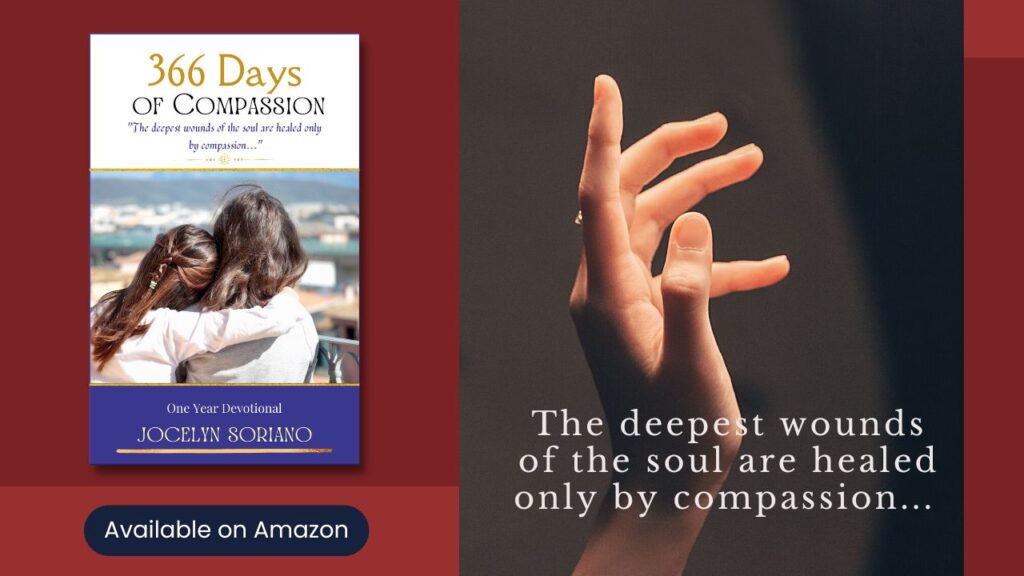 The phrase “the truth hurts” is a universally recognized saying, often invoked when a harsh reality pierces through the comfortable illusions we construct around ourselves. But why does the truth hurt? What is it about confronting reality that can provoke such a profound emotional response? This article explores the psychological, emotional, and spiritual reasons behind the pain of truth and offers insights into how we can learn to embrace it as a catalyst for growth and healing.
The phrase “the truth hurts” is a universally recognized saying, often invoked when a harsh reality pierces through the comfortable illusions we construct around ourselves. But why does the truth hurt? What is it about confronting reality that can provoke such a profound emotional response? This article explores the psychological, emotional, and spiritual reasons behind the pain of truth and offers insights into how we can learn to embrace it as a catalyst for growth and healing.
The Nature of Truth
Truth, by its very definition, is the state or quality of being in accordance with fact or reality. It is unchangeable, unyielding, and often indifferent to our feelings or desires. Truth exists independently of our beliefs, perceptions, or wishes. While we may try to bend or avoid it, the truth remains steadfast, waiting to be acknowledged.
This unyielding nature of truth is part of what makes it painful. When we encounter a truth that contradicts our beliefs, shatters our illusions, or forces us to confront uncomfortable realities, it can feel like an attack on our very identity. This pain is not merely emotional but can be deeply psychological and spiritual.
The Psychological Impact of Truth
At the core of why truth hurts is the concept of cognitive dissonance. Cognitive dissonance occurs when we hold two or more conflicting beliefs, values, or attitudes, causing discomfort or distress. When confronted with a truth that contradicts our deeply held beliefs or self-perceptions, our minds experience this dissonance, which can manifest as pain, anxiety, or stress.
For example, imagine someone who has always believed in their abilities as a competent professional. If they receive feedback that their performance is lacking or that they have failed in a significant task, the truth can be devastating. The pain arises not just from the feedback itself but from the internal conflict between their self-image and the reality of the situation.
Moreover, truth often forces us to confront our vulnerabilities and shortcomings. This can be especially painful for those who have built their identities around being strong, successful, or infallible. Admitting the truth means acknowledging that we are not perfect, that we have flaws, and that we are capable of making mistakes. This can be a humbling and, at times, humiliating experience.
The Emotional Impact of Truth
Emotionally, the truth can hurt because it often brings with it a sense of loss. This loss can take many forms: the loss of a cherished belief, the loss of an idealized version of oneself, or the loss of hope for a particular outcome. When we are forced to accept a truth that we would rather avoid, it can feel like a betrayal or a personal failure.
For instance, discovering that a loved one has been unfaithful, realizing that a long-held dream is unattainable, or facing the reality of a terminal illness can all provoke intense emotional pain. These truths shatter our expectations and force us to confront a reality that is far less comforting than the illusions we had previously clung to.
Another emotional aspect of truth is the fear of judgment or rejection. We fear that others will see us differently once the truth is revealed or that we will be judged harshly for our mistakes or shortcomings. This fear of exposure can amplify the pain of truth, making us reluctant to face it even when we know it is inevitable.
The Spiritual Impact of Truth
On a spiritual level, the truth can be painful because it challenges our sense of purpose and meaning. Many of us seek comfort in our spiritual beliefs, looking for answers to life’s biggest questions. When the truth contradicts these beliefs or forces us to confront existential uncertainties, it can be deeply unsettling.
For example, someone who believes in a just and loving God may struggle to reconcile this belief with the reality of suffering and injustice in the world. The truth of suffering can lead to a crisis of faith, causing spiritual pain and confusion.
However, it is also on the spiritual level that the truth can lead to profound growth and transformation. Spiritual traditions across cultures emphasize the importance of truth as a path to enlightenment, liberation, and inner peace. The pain of truth, in this context, is seen as a necessary step in the journey toward spiritual awakening.
Embracing the Truth: A Path to Healing
While the truth can hurt, it also has the power to heal. The pain of truth is often a sign that we are being called to grow, change, or let go of something that no longer serves us. By embracing the truth, we can move through the pain and emerge stronger, wiser, and more authentic.
- Acceptance: The first step in embracing the truth is acceptance. This means acknowledging reality as it is, without denial or resistance. Acceptance does not mean that we have to like or agree with the truth, but it does mean that we stop fighting against it.
- Reflection: Once we have accepted the truth, it is important to reflect on its implications. What does this truth mean for our lives, our relationships, and our sense of self? Reflection allows us to process the truth and understand its deeper significance.
- Growth: The pain of truth often reveals areas where we need to grow or change. By embracing the truth, we can use it as an opportunity for personal development. This might involve making difficult decisions, letting go of old beliefs, or taking steps to improve ourselves.
- Compassion: It is important to approach the truth with compassion, both for ourselves and for others. The truth can be harsh, but it does not have to be cruel. By being gentle with ourselves and others, we can navigate the pain of truth with kindness and understanding.
- Forgiveness: Sometimes, the truth reveals mistakes, failures, or wrongs that need to be forgiven. Whether it is forgiving ourselves or others, forgiveness is a powerful way to release the pain of truth and move forward.
Conclusion
The truth hurts because it confronts us with reality, challenges our beliefs, and forces us to face uncomfortable emotions and spiritual uncertainties. However, the pain of truth is not something to be feared or avoided. Instead, it can be embraced as a catalyst for growth, healing, and transformation.
By accepting the truth, reflecting on its implications, and approaching it with compassion and forgiveness, we can move through the pain and emerge stronger on the other side. In the end, the truth, though painful, is a powerful force for good, leading us to a more authentic and meaningful life.




